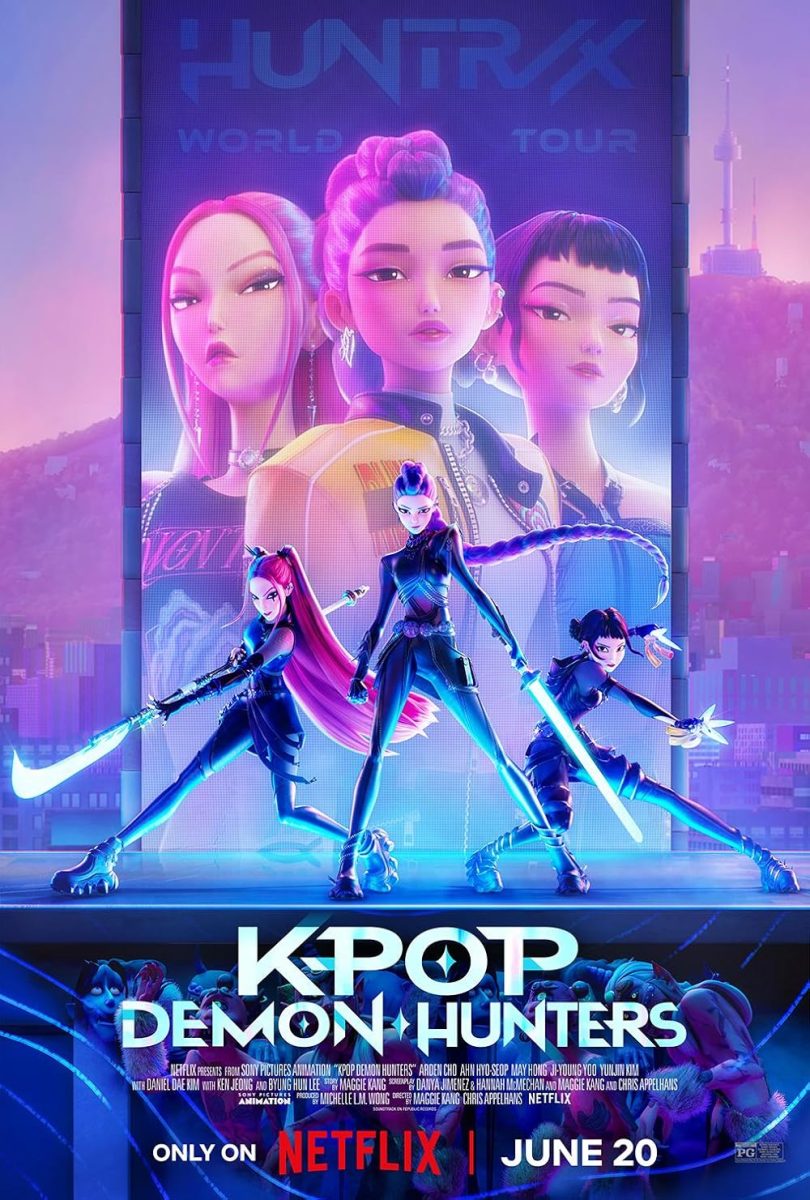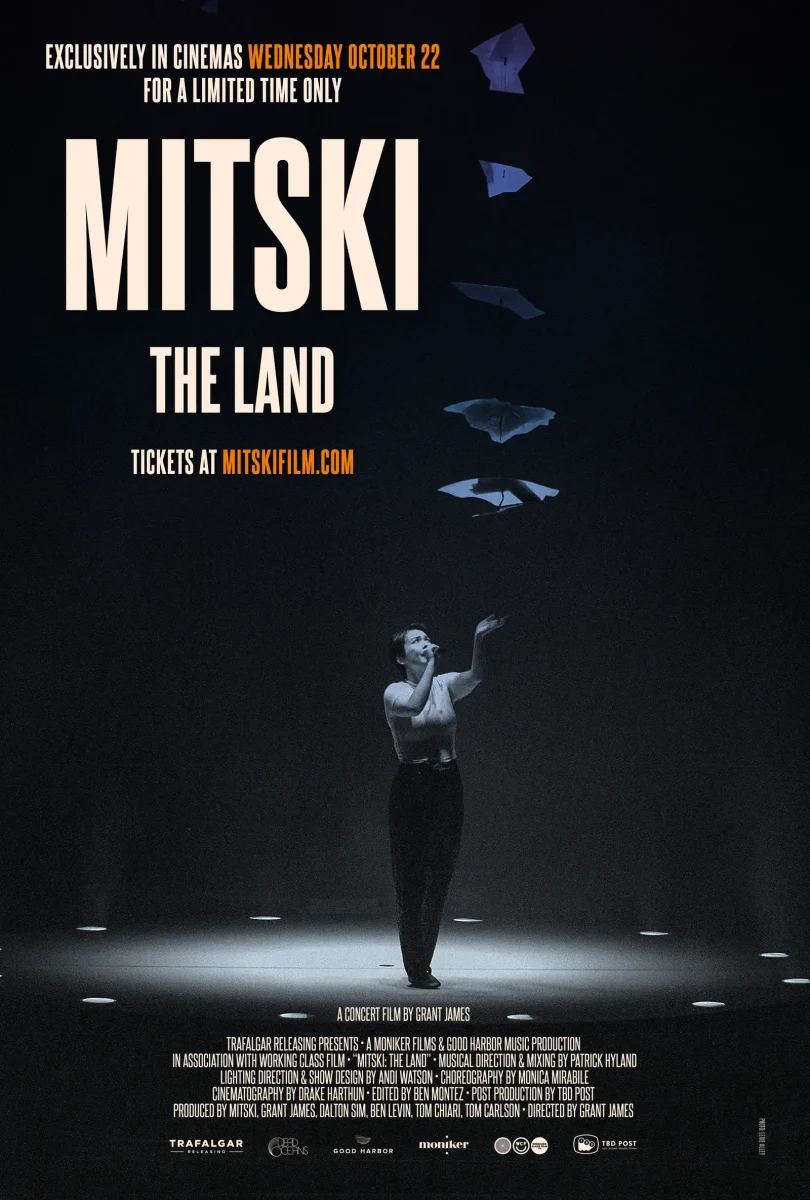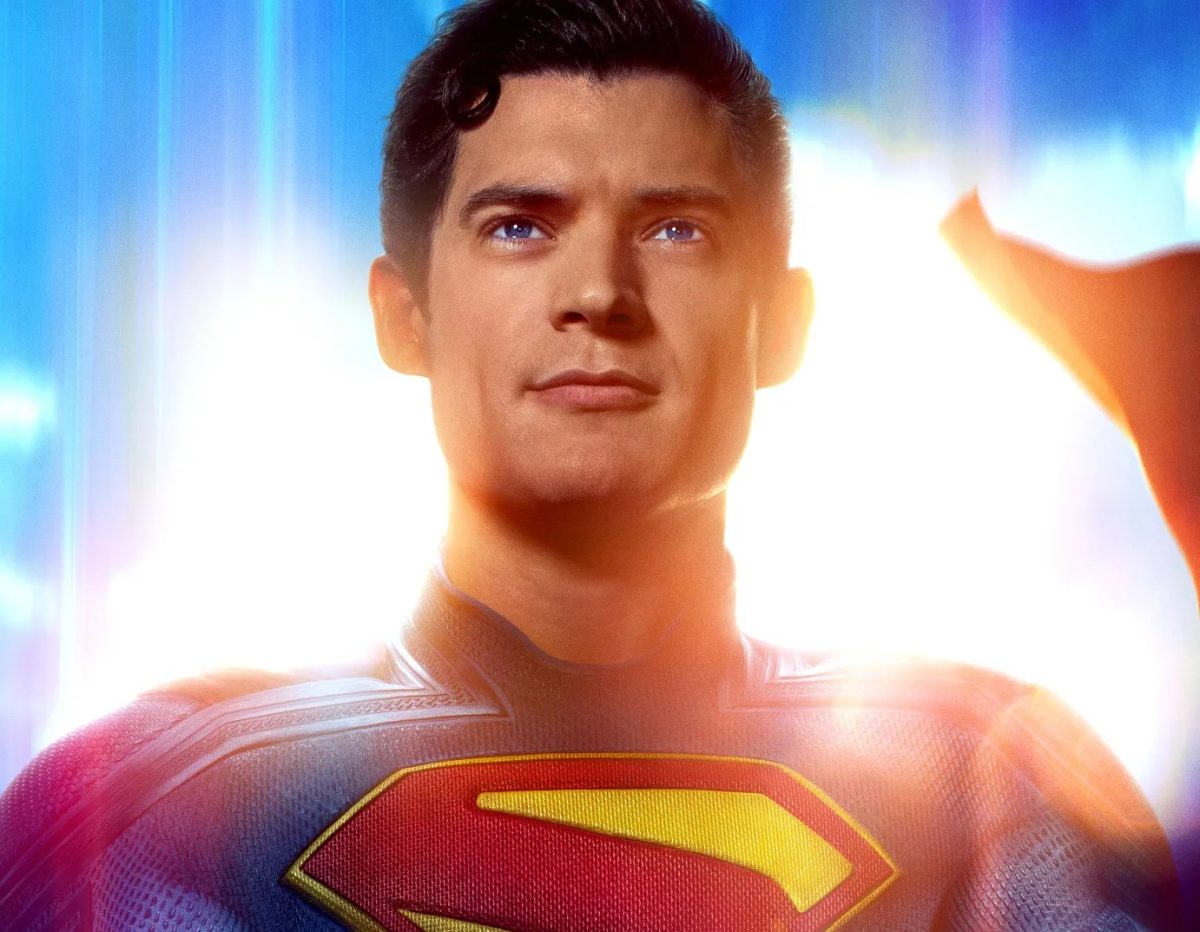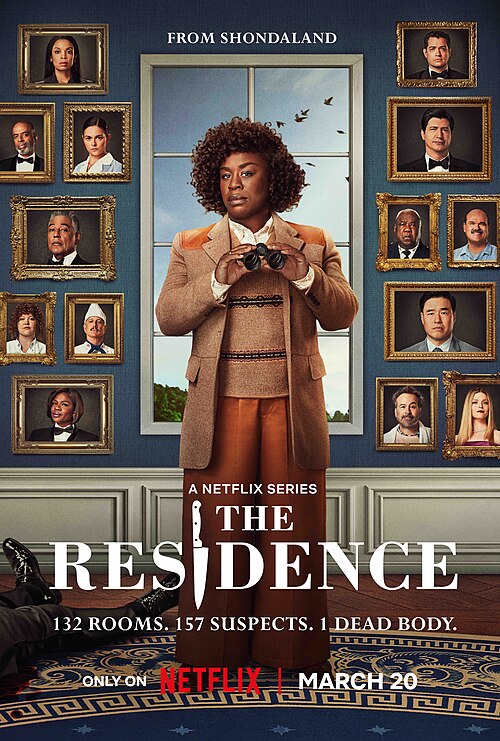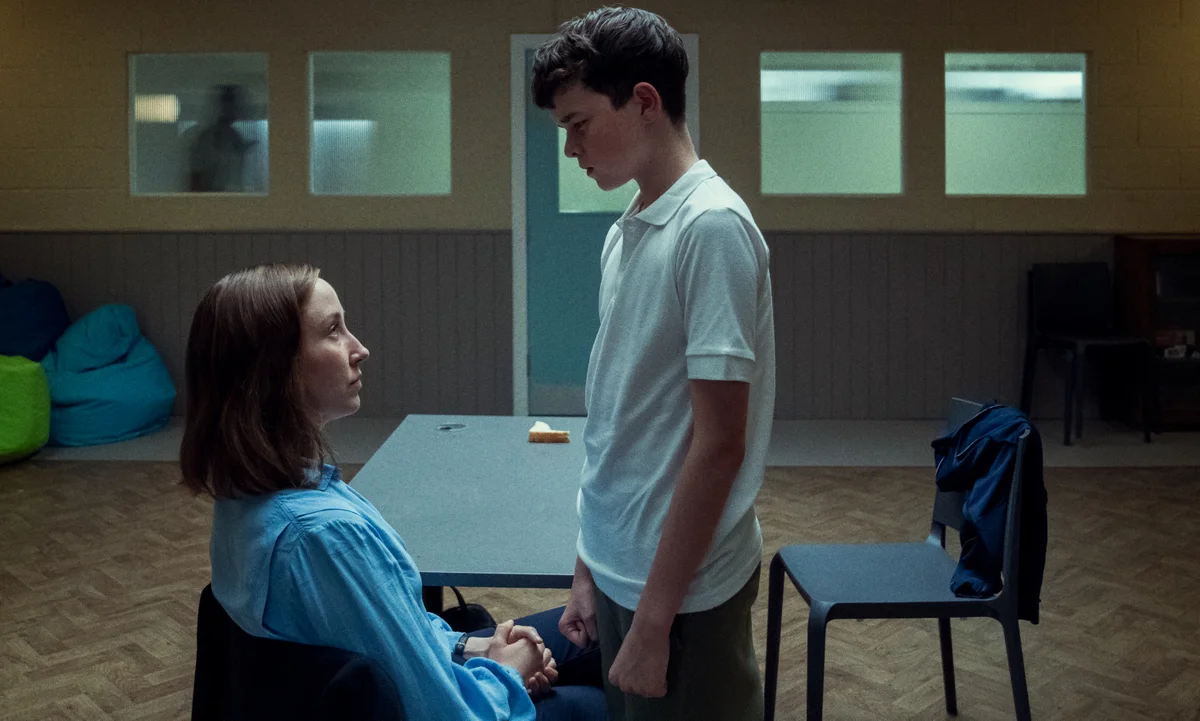Anora (2024), directed by Sean Baker, took home five awards at this year’s Oscars, now holding the record for the most Oscars won in a single night. The film follows a second-generation Russian stripper from Brooklyn, Anora (Ani), as she gets the chance to leave her life behind and marry an heir, Ivan (Vanya), after meeting him at her club. Shortly after they get married, Vanya’s parents send two men (Igor and Toros) to take him to them and divorce Ani, disapproving of their impulsive marriage. Vanya flees, and Ani is stuck trying to find her husband with two strange men she cannot trust.
My expectations for this film were exceedingly high; by the last scene, they fell from grace with a deafening crash. I was looking forward to watching a film that humanized and fleshed out a sex worker, which is the one thing this film did not do. Despite being framed as a Cinderella story, the film was debilitating to watch. The first half of the film follows Ani as she gets involved with Vanya and his way of life: sex, drugs and money. She was charmed by his immaturity and grew attached to him, leading her to quickly accept his proposal when he popped the question. Through this section of the film, Baker includes countless scenes of Ani either stripping or having sex with Vanya, very few of which add value to the film. The second half follows Ani trying to find Vanya. She is initially treated like livestock by Igor and Toros, being beaten up and tied down, then ignored when she expresses her anger and pain. This pattern is apparent through the second act, the audience rarely seeing her in a sympathetic light in the entirety of the film.
Many fans of the film aim to look for a deeper meaning of what Ani and her work could represent. They say she is an allegory for the American dream and the cruel optimism that comes with it–her naivety and conviction that Vanya is her way out is what drives the story. While an interesting premise, allegories cannot be people. Despite being the titular character in this film, we know nothing about Ani. She is enamored with Vanya from the moment she meets him at the club, and she is more than willing to be his “horny girlfriend for the week,” (in the words of the man himself). The audience does not see her desires and fears outside of the vacuum of her promised life with him. Her lack of backstory, as well as framing her as being empowered by the work she does, dupes the audience into believing that she is in the industry by choice rather than circumstance, denying the reality of sex workers all over the country.
Sex work is often a last option for those within it. Almost half of all sex workers have experienced sexual violence in their line of work. This concept is briefly brought up in a scene after Ani comes back to Vanya’s house after her final confrontation with his parents. At this point in the film, she is beaten down and exhausted. She is visibly tired of the men in her life at this moment trying to “help” her. In this scene, Ani and Igor are having a one sided back and forth with her being visibly angry and him being almost overly calm. Ani tells Igor that he has “rape eyes;” she is shaking with fear and anger as she says this, but the moment is cut short in order to meet a punchline. Igor says he wouldn’t have raped her because “I’m not a rapist,” but Ani rebukes this by taking a verbal jab at him. Her pain isn’t given more than a minute before it is shot down and dismissed with a joke; her genuine fear is boiled down to her being emotional.
Baker has previously been criticized for romanticizing poverty and making a spectacle of it rather than fully engaging and understanding its systemic causes. Two films that have been under fire for this are Tangerine (2015) and The Florida Project (2017), both of which follow sex workers. Are we noticing a pattern? Marginalized people specifically take up a large portion of the sex work industry, with 45% being homeless, 35% being black and 20% being trans. In his Oscar acceptance speech, Baker dedicated Anora to ‘all sex workers,’ but if that were true, wouldn’t it have represented more than just the Eurocentric ideal? Wouldn’t it have represented more than a polished idea of sex work?
My hopes for Anora were exceedingly high, and I am disappointed they fell through. Despite my disappointment, I am happy to say that Mickey Madison, who played Ani, carried her role, giving her life and soul where the script didn’t. As well as this, the film is visually stunning, using color and light in a dynamic and beautiful way. All things considered, I give this film 2.5 out of 5 stars.







